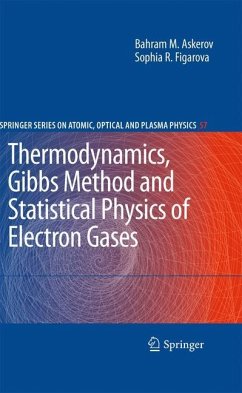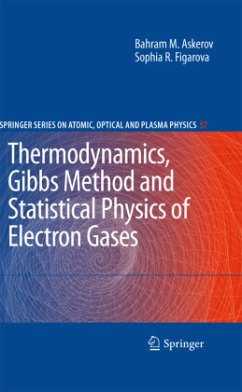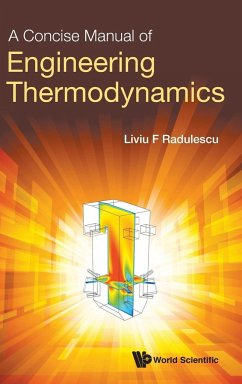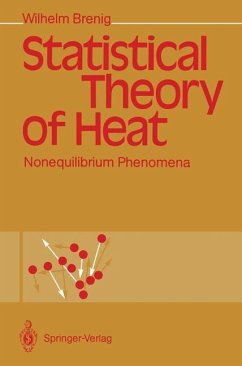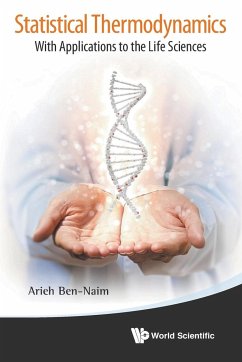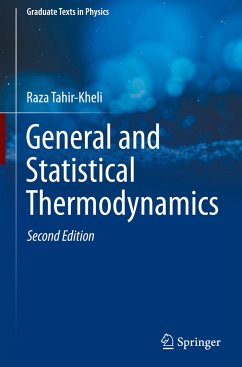
Thermodynamics, Statistical Mechanics, and Black Hole Entropy
Book 6 of Physics from Maximal Information Emanation
Versandkostenfrei!
Versandfertig in 1-2 Wochen
79,99 €
inkl. MwSt.

PAYBACK Punkte
40 °P sammeln!
Thermodynamics is the oldest of the physics disciplines with unapologetic use of phenomenological arguments and mysterious thermodynamic potentials (entropy). Obviously, thermodynamics is still prevalent today, including in its more quantified form via statistical mechanics. This book (sixth in a seven-part physics series) is on the fundamentals of modern thermodynamics, statistical mechanics, and implications about the nature of time and universal thermality. This book's focus on thermodynamics follows the other books in the Series [1-5] to await identification of entropy as fundamental in th...
Thermodynamics is the oldest of the physics disciplines with unapologetic use of phenomenological arguments and mysterious thermodynamic potentials (entropy). Obviously, thermodynamics is still prevalent today, including in its more quantified form via statistical mechanics. This book (sixth in a seven-part physics series) is on the fundamentals of modern thermodynamics, statistical mechanics, and implications about the nature of time and universal thermality. This book's focus on thermodynamics follows the other books in the Series [1-5] to await identification of entropy as fundamental in that it can be identified as an extrinsic system function even before getting to thermodynamics. This book begins at introductory thermodynamics (undergraduate-level). The first third of the book provides the basics of thermodynamics in a concise description, with many worked-out examples. The second third of the book provides the basics of statistical mechanics (advanced undergraduate and graduate level), again with many examples, and advanced application in emergent phenomena. The last third of the book considers the implication of black hole thermodynamics analysis as to the nature of time (advanced graduate level). With entropy presented at the outset as an important system variable, the derivation of thermodynamic potentials is then a straightforward process, as will be shown. The standard statistical mechanics connections to thermodynamics can then be given. Thus, in covering Thermodynamics and Statistical Mechanics we start with the foundations of the theory mostly established. The close ties between quantum mechanics complexified giving rise to the particle ensemble partition function, and quantum field theory complexified and the field ensemble partition function, is a derivative aspect of time-complexation. This complexation will be described in later chapters, where analytic time will allow an exact thermodynamic stability analysis of black hole geometries to be examined. In this a greater understanding of the role of time and the statistical 'forces' due to thermodynamics is then given.





